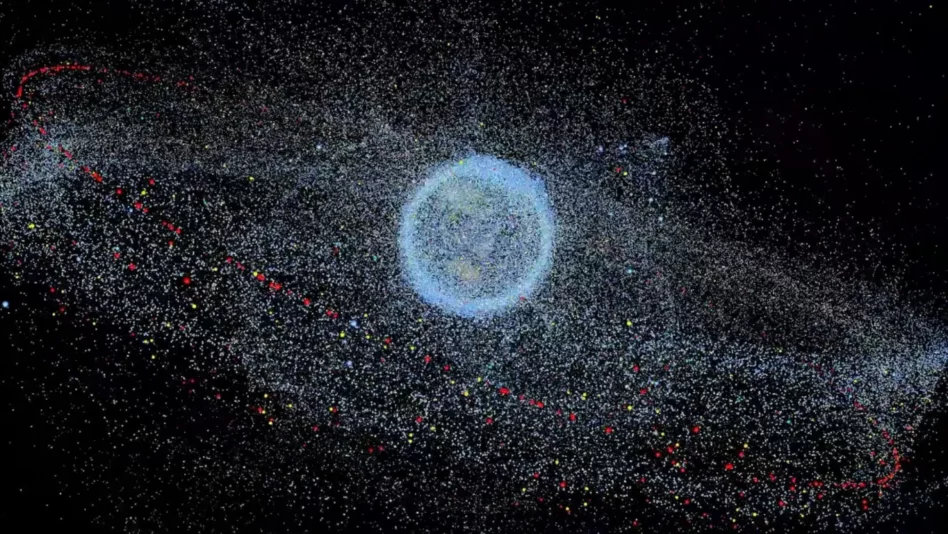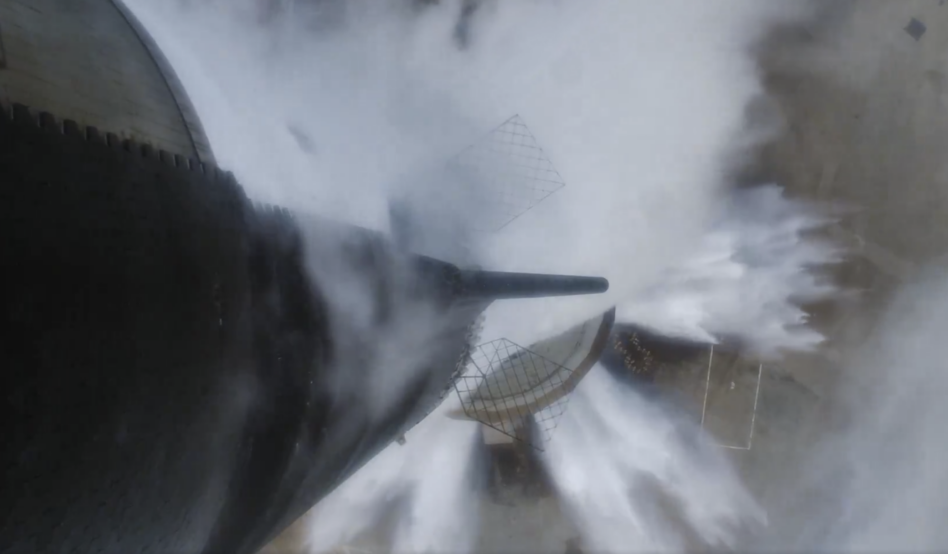The long-promised trillion-dollar space economy, space-based internet for the world, ambitious science missions, and a long-term human presence in orbit all have one thing in common—space needs to be safe and clear of debris for them to thrive.
Why it matters: There are at least 900,000 pieces of space debris that could create havoc in orbit. And that number is only growing (see China’s recent launch that added 300+ trackable pieces, but many, many more too small to track with current technology.)
These pieces of debris may be small, but when they’re moving up to 18,000 miles per hour, they can still do serious damage, potentially tearing through satellites and putting astronauts’ lives at risk.
Sticking points: Most people in the space community agree that debris in orbit is bad for everyone. But a few big open questions still need to be addressed, including:
- Who will pay for it? Companies have an interest in building sustainability into their missions going forward, but who will cover the high cost of collecting and removing trash that’s been orbiting for decades?
- Who should oversee the drafting of policy—and does it need to be binding? Should it be handled by individual countries or an international organization?
On the Hill: The most concrete Congressional effort to address space debris is the bipartisan Orbital Sustainability (ORBITS) Act, led by Sen. Maria Cantwell (D-WA). The bill, which has passed the Senate twice, in December 2022 and November, would:
- Order the Commerce Department to compile and share a list of debris that poses the greatest threats in orbit
- Establish a NASA program to demonstrate removal of debris
- Promote space traffic management best practices to avoid debris-creating collisions
A broader House bill would require any US mission to have a plan to mitigate debris in place when applying for certification. The Senate’s bill, however, is so far stalled in the House, making its future uncertain.
In the administration: The Biden administration has also prioritized putting plans in place to reduce space debris—and enforcing consequences for those who don’t follow through.
- In 2022, the FCC announced that satellites would need to be deorbited within five years of their mission ending, a dramatic reduction from the previous 25-year deadline.
- In September, the FAA proposed a rule that would require companies to dispose of rocket body upper stages.
- In October, the FCC fined a company for not sticking to its deorbit plan for the first time. Dish Network had to pay $150,000 for not properly deorbiting its EchoStar-7 sat.
Industry’s take: Industry has begun taking matters into its own hands, signing on to non-binding, anti-debris policies to protect the environment in which it makes its money. One example is a set of guidelines led by the World Economic Forum in June 2023 that received support from more than two dozen companies. Some of the self-imposed rules for signatories include mandating a five-year deorbit period, requiring satellites to have the ability to maneuver, sharing of space traffic management data more openly, and urging insurers to offer incentives for sustainable missions.





